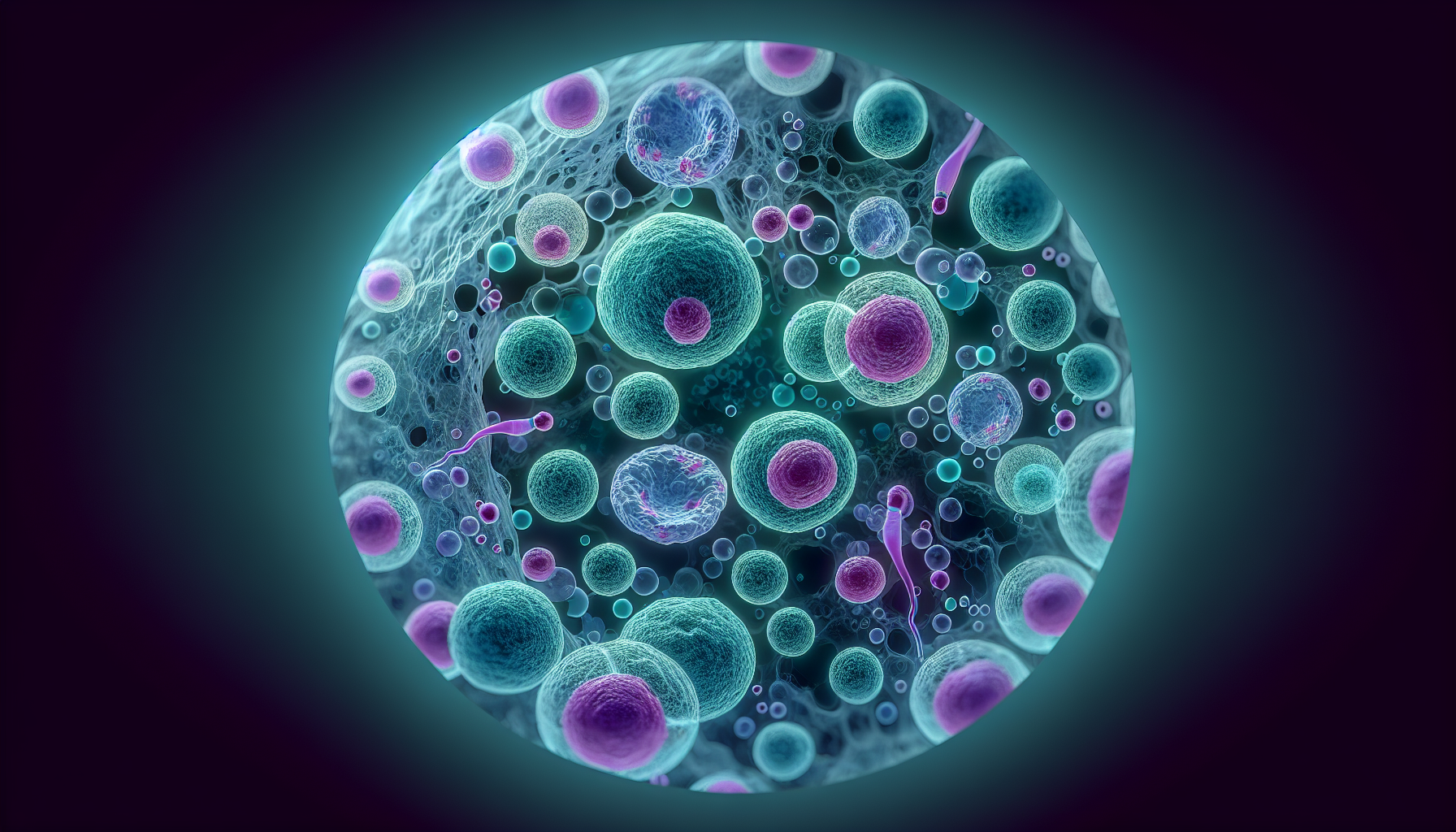New Personalized Cancer Vaccine Shows Promise in Advanced Skin Cancer Treatment
Key Takeaways
- IFx-2.0 shows a high success rate in patients resistant to existing therapies.
- The Phase 1b trial confirmed the vaccine's safety and feasibility.
- A Phase 3 trial is planned to further validate the vaccine's effectiveness.
Did You Know?
Introduction to IFx-2.0: A Personalized Cancer Vaccine
TuHURA Biosciences and Kintara Therapeutics have announced positive outcomes from a Phase 1b trial of IFx-2.0, a personalized cancer vaccine. This innovative treatment showed promise for patients with advanced Merkel Cell Carcinoma (MCC) and Cutaneous Squamous Cell Carcinoma (cSCC) who did not respond to existing checkpoint inhibitor therapies.
Phase 1b Trial Findings
During the trial, IFx-2.0 was administered weekly over a period of three weeks. The treatment was well tolerated by patients, showing significant safety and feasibility. The trial included patients who had previously shown resistance to immune checkpoint inhibitors such as pembrolizumab and avelumab.
An encouraging 80% of ICI-naïve MCC patients who previously did not respond to therapies achieved complete or partial responses after receiving IFx-2.0.
Detailed Phase 1b Trial Results
The data presented at the 2024 American Society of Clinical Oncology (ASCO) meeting revealed that IFx-2.0 could overcome resistance in 63% of advanced MCC patients. This included patients who had undergone extensive prior treatments, such as chemotherapy and investigational agents, after failing on multiple therapies.
The standout group consisted of seven ICI-naive patients, five of whom achieved significant responses post IFx-2.0 treatment. Some responses lasted up to 25 months.
Mechanism and Future Plans
IFx-2.0 operates by injecting pDNA into a patient’s tumor, causing it to express a bacterial protein on its surface. This tricks the immune system into recognizing and attacking the tumor. The vaccine uses the patient’s innate immune response to overcome the tumor’s previous resistance to immune recognition.
Given these promising results, TuHURA plans to initiate a Phase 3 trial in late 2024 to further investigate the combination of IFx-2.0 with pembrolizumab for treating advanced MCC.
Safety and Feasibility Confirmation
The primary goal of the Phase 1b study was to verify IFx-2.0’s safety. With over 80% of patients completing the planned therapy, the study successfully met its safety benchmarks.
Combination and Rechallenge Therapy
Participants who underwent rechallenge with checkpoint inhibitors showed marked improvement post-IFx-2.0 treatment. For instance, 63% of MCC patients who re-treated with pembrolizumab or other anti-PD(L)-1/CTLA-4 therapies showed significant disease control.
Conclusion and Merger
Based on these results, TuHURA, in cooperation with Kintara Therapeutics, will move ahead to consolidate efforts and resources. The joint entity will focus on advancing IFx-2.0 and other innovative cancer therapies.
About TuHURA and Kintara
TuHURA specializes in developing new cancer immunotherapies and preparing for large-scale clinical trials of IFx-2.0. Kintara Therapeutics focuses on advancing cancer treatments targeting unmet medical needs. Their collaboration aims to revolutionize the treatment of solid tumors with cutting-edge therapies.
Implications for Cancer Treatment
The success of IFx-2.0 marks a significant step forward in personalized medicine. This therapy offers new hope for patients with resistant cancers, potentially improving survival rates and quality of life.
Next Steps
The anticipated Phase 3 trial will provide more comprehensive data to confirm the efficacy and safety of IFx-2.0, potentially leading to its approval and widespread clinical use.
References
- American Society of Clinical Oncologyhttps://www.asco.org
- ClinicalTrials.gov - IFx-2.0 Studyhttps://clinicaltrials.gov/ct2/show/NCT04160065
- TuHURA Bioscienceshttps://tuhurabio.com






